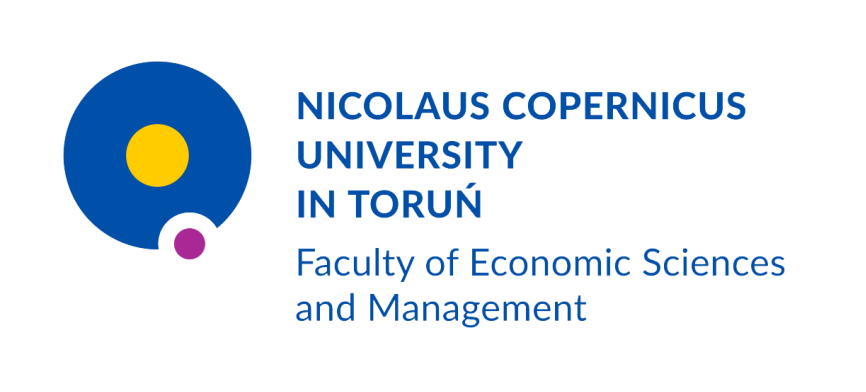
The new academic year is a dynamic period of implementation of the Faculty's strategy for 2023 - 2030, adopted in June this year. The main goal of its implementation is to increase the influence of the Faculty of Economic Sciences and Management at the University of Toruń in Toruń on the environment through research, education and ventures that stimulate sustainable development, digitization and competitiveness of organizations, regions and the economy.
"The Faculty's new strategy was based on the harmonious implementation of activities centered around the three areas of the Faculty's operation, its specializations and pillars of growth," emphasizes Dr. Marlena Ciechan-Kujawa, NCU Professor, Vice-Dean for Research and Social and Business Cooperation. The strategic team defined three key specializations of the Faculty - these are digitalization, sustainable development and competitiveness. It is around these specializations that in the coming years we will concentrate scientific research, develop educational programs, as well as organize a number of projects, thematically related to the defined directions of development," notes Dr. Marlena Ciechan-Kujawa, NCU Professor. Our path to our goal is marked by three pillars of growth: increasing the reach of our activities through internationalization, inspiring all members of the community to take on new challenges with an entrepreneurial spirit, and a value spiral focused on mutually empowering internal and external stakeholders through their involvement in the life of the Faculty.
The Faculty's strategy is the result of the hard work of a strategic team of our faculty members and consultations with members of the academic community and representatives of professional practice that took place between March and June of this year. The strategy is complemented by FESM NCU's social impact policy, which calls for the Faculty to generate impact in 5 areas: good quality of life, economic growth and decent work, sustainable innovation, industry and infrastructure, social cohesion, and cooperation for sustainable development. A new communications policy is also being developed, based on the Faculty's three specializations (digitization, sustainability, and competitiveness) and focused on activities aimed at all Faculty stakeholders.
The goals in the strategy are to be achieved by the end of 2030.



 ul. Gagarina 13a, 87-100 Toruń
ul. Gagarina 13a, 87-100 Toruń